We often hear the two words “Supernatural” and “Paranormal” used interchangeably. A simple online search shows overlapping horror television and films categorized under both terms, leading to even more confusion. Forget grabbing the dictionary, Webster remains vague. So how do we differentiate the two?
Let’s start with ‘Supernatural’:
History tells us that the term ‘Supernatural’ was first used between 1520 and 1530 AD and is rooted in religion and spiritualism. The things or occurrences which believers believe to be true based on their faith or willingness to believe is the foundation of the term. As early humans evolved into higher-thinking creatures, we came to rely on our own willingness to act, think and discover. We found that by using our mental focuses we could catch our own meals, grow our own crop and improve our tools and lifestyle. Kelly James Clark, a senior research fellow at the Kaufman Interfaith Institute at Grand Valley State University in Michigan explains that from this, humans began to think that just as we can act in our own interest, so can the clouds that produce rain or the sun that shines its light. Humans gave actions, circumstances, and situations occurring around them their own sense of purpose and reasoning. Many believe this to be the early basis for religion.
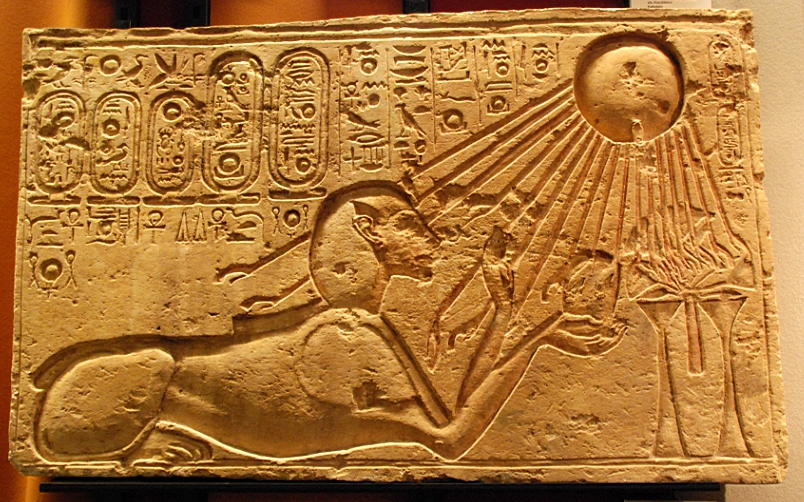
“They [humans] started attributing meaning to the actions of things that weren’t really acting of their own accord. For example, they thought raindrops were “acting for a purpose,” Clark said in an interview with LiveScience.com. Deep-rooted and profound, such examples that impact our modern lives include miracles performed or witnessed by the Catholic Church for individuals recognized for sainthood.
Going back to the word ‘Supernatural’, if we break it down: ‘super’ is to go ‘above’ or ‘more than’ while ‘nature’ is “the inherent character or basic constitution of a person or thing (or) “a creative and controlling force in the universe.” And thus, the word ‘Supernatural’ explains occurrences in our world which cannot be given scientific explanation or theory though are known by believers to be true.
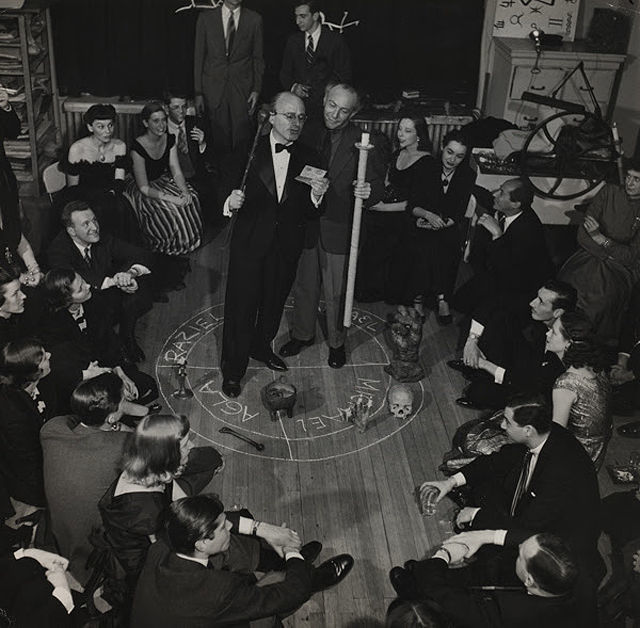
The term ‘Paranormal’ explained:
Of the two words being discussed, the word ‘Paranormal’ is by far the most popular, fitting thousands of titles under the horror sub genre including the hugely popular ‘Paranormal Activity’ film series. Why is the term ‘Paranormal’ much more widely used today? It all has to do with human curiosity and our insatiable drive for knowledge.
Webster’s definition is simple: “not scientifically explainable.” At face value, ‘Paranormal’ seems misleadingly similar to the definition of ‘Supernatural’. The word has existed in the English language since 1920, and as so is much younger than ‘Supernatural’. Scientific discovery moved to the forefront of society in the 1800s and 1900s and individuals who questioned in-explainable phenomena enthusiastically searched for answers. Their solution was to turn to science.
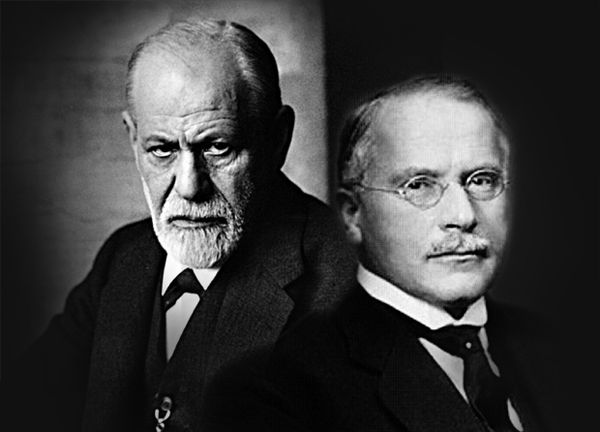
A pseudoscience, the paranormal can, in a way, be studied. The term has been dissected and presents us with the classification of paranormal subjects (UFOs, ghosts, auras, etc.). Though rarely producing material evidence, tools and device such as EMFs, specially-designed cameras, motion sensors and temperature reading technology are widely used by paranormal investigators today.

This brings us back to why ‘Paranormal’ is that much more popular a term than ‘Supernatural’. Since we thirst for knowing about the world around us at an increasing rate, ‘supernatural’ does not involve study and most recognition of its mysteries are kept “as is”. There is no further investigating or delving into its unknown. Supernatural is, in a way, natural, but on a higher and profound, untouchable level.
Paranormal, on the other hand, is anything but normal and attempts at studying it are ongoing. Skeptic Terrence Hines in his book Pseudoscience and the Paranormal wrote, “The paranormal can best be thought of as a subset of pseudoscience. What sets the paranormal apart from other pseudosciences is a reliance on explanations for alleged phenomena that are well outside the bounds of established science.”
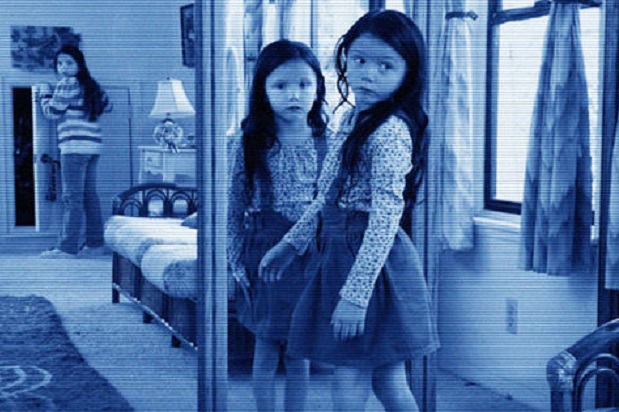
Telling stories, whether in film, television shows or books, rely on solving an issue or conflict. Paranormal chases the storyteller’s dream in the possibility of providing answers because it allows for questioning and investigating. While ‘Supernatural’ and ‘Paranormal’ will continue to overlap in their definite definitions, their original meanings have already been planted in history. By understanding the two terminologies from this perspective, we may be more able to shape their futures.
-By Christina Persaud
[DISPLAY_ULTIMATE_PLUS]
Sources:
Boyle, Robert; Stewart, M.A. (1991). Selected Philosophical Papers of Robert Boyle. HPC Classics Series. Hackett. pp. 176–177. ISBN 978-0-87220-122-4. LCCN 91025480.
Hines, Terence. (2003). Pseudoscience and the Paranormal. Prometheus Books. p. 20. ISBN 1-57392-979-4
Disagreements With Freud – Carl Gustav Jung: The Founder of Analytical Psychology. (n.d.). Retrieved from http://65903021.weebly.com/disagreements-with-freud.html
The Origins of Religion: How Supernatural Beliefs Evolved. (n.d.). Retrieved from http://www.livescience.com/52364-origins-supernatural-relgious-beliefs.html
Paranormal – Wikipedia. (n.d.). Retrieved January 5, 2017, from https://en.wikipedia.org/wiki/Paranormal
Paranormal Activity (2007) – IMDb. (n.d.). Retrieved from http://www.imdb.com/title/tt1179904/?ref_=nv_sr_1
Paranormal Activity (film series) – Wikipedia. (n.d.). Retrieved January 5, 2017, from https://en.wikipedia.org/wiki/Paranormal_Activity_(film_series)
Paranormal Activity 3 (2011) – Box Office Mojo. (n.d.). Retrieved from http://www.boxofficemojo.com/movies/?id=paranormalactivity3.htm
Parapsychology: When did science give up on paranormal study? | Alphr. (n.d.). Retrieved from http://www.alphr.com/science/1001390/parapsychology-when-did-science-give-up-on-paranormal-study
Recreating the Magic Circle of a Surrealist Seriously into the Occult. (n.d.). Retrieved from http://hyperallergic.com/270566/recreating-the-magic-circle-of-a-surrealist-seriously-into-the-occult/
Relief of Akhenaten as a sphinx | Museum of Fine Arts, Boston. (n.d.). Retrieved from http://www.mfa.org/collections/object/relief-of-akhenaten-as-a-sphinx-46197
The Science of the Supernatural | History Today. (n.d.). Retrieved from http://www.historytoday.com/simone-natale/science-supernatural
Supernatural – Wikipedia. (n.d.). Retrieved January 5, 2017, from https://en.wikipedia.org/wiki/Supernatural
Supernatural | Define Supernatural at Dictionary.com. (n.d.). Retrieved from http://www.dictionary.com/browse/supernatural?s=t

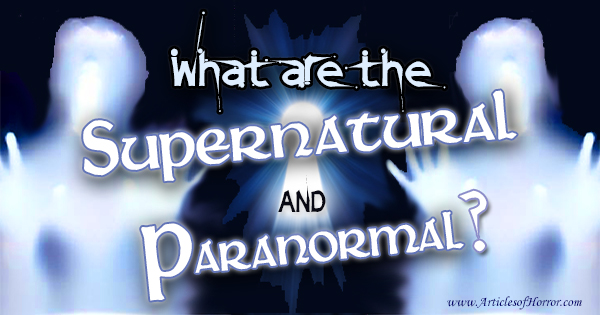
Wow, incredible blog layout! How long have you been blogging for? you made blogging look easy. The overall look of your website is magnificent, let alone the content!
Thanks for the kind words, Philip!
Excellent article. I’ve always known there was a difference, and somehow used the terms correctly, but never really put much thought into the differences. It was nice seeing it lined out.
So glad to hear it! Upcoming articles will similarly study other horror aspects, updated weekly 🙂